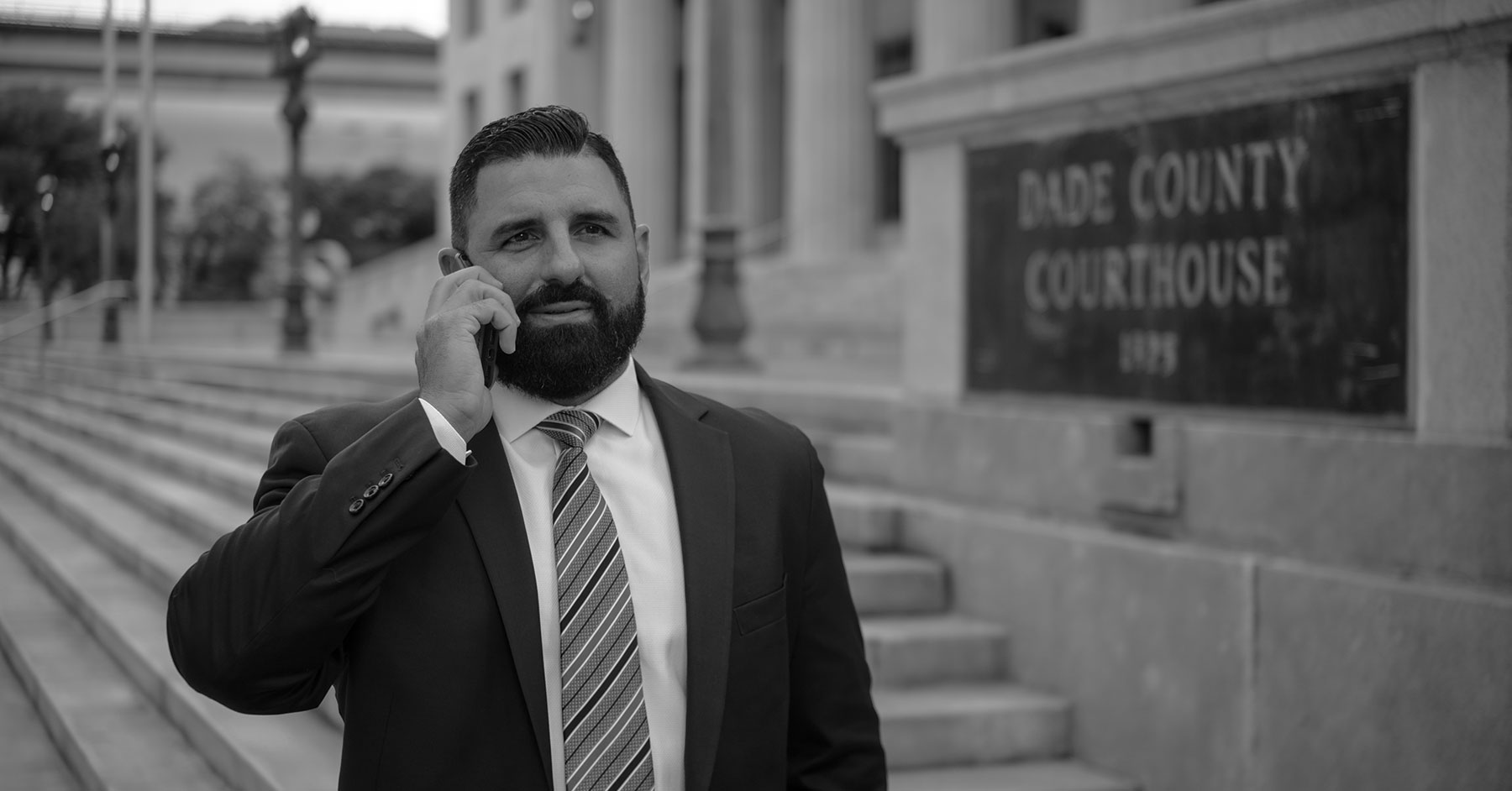Extradition Process in Florida and Federal Courts
Extradition is the process by which one state demands another use its powers to arrest and send a person back for trial on a criminal charge. Ordinarily, states do not use extradition powers for misdemeanor offenses – only felonies.
Extradition among states is written into the U.S. Constitution Article IV, section 2. Florida has also signed onto the Uniform Criminal Extradition Act (UCEA), which governs federal extradition proceedings.
Extradition is an expensive process and can be challenged, so an experienced attorney is necessary to protect your civil and economic rights. Defendants are obligated to pay for the cost of extradition. When served with an arrest warrant for extradition, you must be informed that the arrest is for extradition, the underlying charge alleged by the demanding state, and that you have the right to an attorney.
Your three options
There are three options when faced with an arrest in Florida for extradition to another state:
-
-
- Consent to the extradition: This occurs when the defendant signs a Written Waiver of Extradition Proceedings and returns to the demanding state to face the charges there. Only an experienced criminal defense attorney can assess the gravity of the circumstances to protect your liberty and prevent unnecessary incarceration pending trial.
- Request for an extradition bond: You might have to wait 30 days in a Florida jail while the demanding state gets around to picking you up. To save you from jail time, your attorney can request your release on an extradition bond. It might be less expensive to then surrender to the requesting state on your own, saving many of the extradition costs. By showing the Florida court evidence of your surrender, your bail bond will be returned.
- Request for a hearing: To challenge the underlying right to extradite, you can request a hearing in the Florida court. This is not the time to challenge the underlying criminal charge – only the extradition. You need an experienced criminal defense attorney. For example, you might demand to see the evidence linking you to the criminal charges to make sure that indeed the state is going after the right defendant. The legal documents demanding extradition can be inspected for substantive factual and procedural compliance with statutes. And if the demanding state hasn’t fetched you in 30 days, you can demand that Florida release you from custody or supervision.
-
Remember the Uniform Criminal Extradition Act mentioned above? That federal statute governs how Florida responds to federal requests for extradition. Similar procedures, although they occur before a federal court not state, permit a defendant to challenge the extradition order, although a savvy criminal defense attorney is needed to assess the situation to protect your rights.
Talk to a skilled federal crimes defense lawyer
You have the right to legal counsel during all phases of a criminal prosecution, even post-conviction. Don’t forgo that right. Call (305) 403-7323 or reach out to federal criminal defense attorney Nayib Hassan online to discuss your case and your needs.

